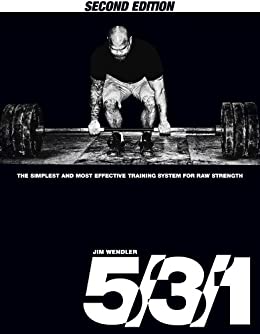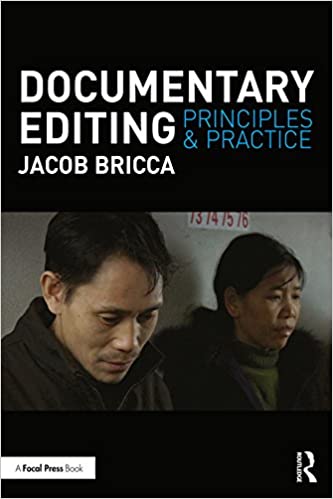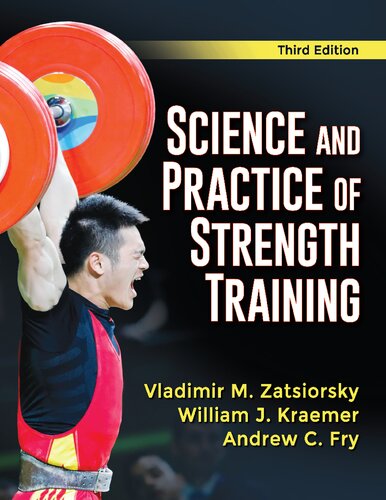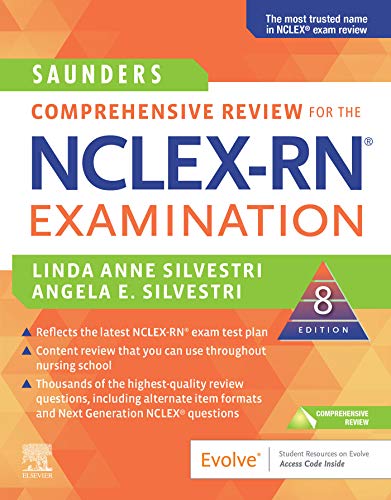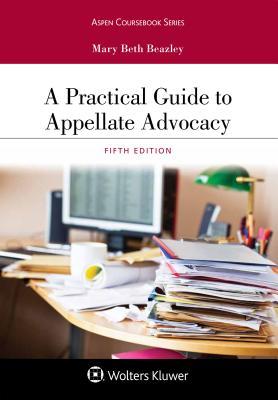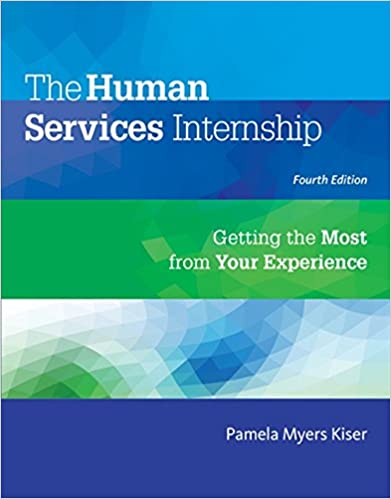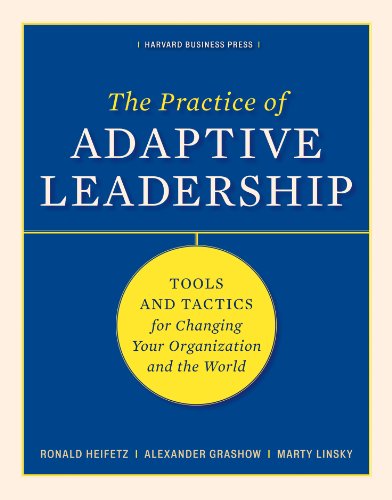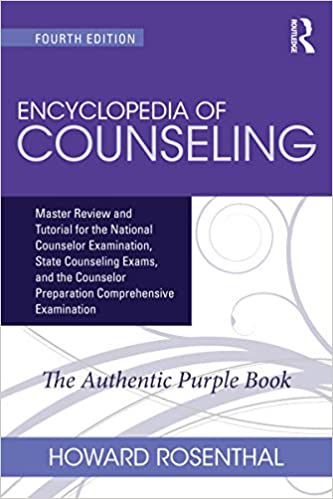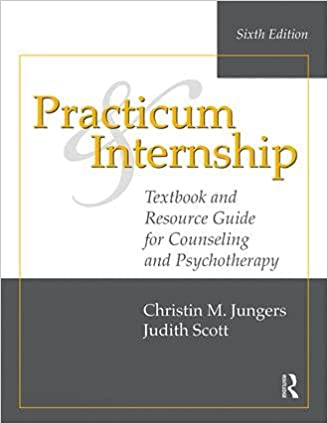
Monday, February 28, 2022
Friday, February 25, 2022
New Trends in Parent Involvement and Student Achievement - EbooksCheaper.com

Recent research reviewing historical trends in parent involvement and student achievement point out the inconsistency of those findings by documenting apparent improvements in achievement while other studies do not support a relationship. Previous studies have shown that parent involvement patterns vary according to parents' social, racial/ethnic, and economic characteristics; but the findings have been mixed. More recent parent involvement studies have pointed out important concerns with research methodology and interpretation of results. Less is understood about the effects of parent involvement on student learning at the middle level because elementary studies have dominated the research.
Developmentally responsive education
A review of the parent involvement literature would suggest that the effects of parental involvement may vary with the age of the students. As a result, more recent studies have begun to focus on middle level students and their parents. A review of the parent involvement programs literature provides more promising results. What we have learned from our review is that making a broad generalization that parent involvement results in increased student achievement clearly understates the complexity of the issue. Student achievement outcomes differ based on:
- the particular component of parent involvement and whether this data was parent- or student-reported;
- the achievement measure(s) used (e.g. achievement test scores, grades, G.P.A.);
- the cultural or racial/ethnic groups involved;
- the subject matter (e.g. mathematics, reading, science) being tested;
- income levels of the parents; and
- gender of the parents.
For a better understanding of research, we have adapted Epstein's typology of parent involvement as a framework to organize the findings on this complex issue of parent involvement and student achievement. Epstein's typology and terminology are predominant throughout the middle level research. Epstein's typology includes 6 categorizations: (1) Parenting; (2) Communicating; (3) Volunteering; (4) Learning at Home; (5) Decision Making; and (6) Collaborating with Community. The sixth type is not discussed in this summary because it is more directly associated with community involvement.
Type 1: Parenting practices at home
While TV viewing (e.g. rules) has no direct effect on student achievement, it is impacted indirectly and positively through some complex mechanism of parenting practices. Although studies have questioned whether parenting practices are within the appropriate sphere of influence of the schools, existing successful programs that promote effective parenting practices that address this issue may be considered.
Findings seem to suggest that there is a relationship between student-reported rules and increases in reading achievement. Parent-reported rules predicted a decrease in student achievement among nonminority students, which some researchers believe reflects parent attempts to help the child when the child is having difficulty. If this is the case, perhaps more proactive parent involvement would avoid a decrease in achievement scores. However, this approach may be tempered by the differences in parental ability (e.g. parent education level) and available resources, such as time, to help their children. This would account for the differences in achievement results when parent education is considered. In order to address this, perhaps identifying alternative middle level educational support systems perceived as positive by adolescents might be considered. Parent involvement programs that use parent and student self-reports as a way to determine the level of parent involvement and its effects should be aware that student reports (i.e. student perceptions) are better predictors of student outcomes than parent reports. Families of middle grades students could be involved in learning activities at home. The program included parents who would not otherwise have become involved.
Type 2: Communicating between school and home
Research suggests that the association between school-home communication and student achievement was relatively small and outcomes varied to some degree by race and whether the desired outcomes were standardized scores or student grades. Grades are slightly more impacted than achievement test scores, which may be the result of parent(s) communicating with the school and/or teacher at the time grades were impacted. Because school-home communication and levels of parent involvement vary by race and income level, this suggests that some groups may feel more comfortable communicating with the school than others.
Type 3: Volunteering or being an audience at school
The association between volunteering and fundraising and student achievement appears to vary by race and family income. Volunteering was almost twice as predictive of grades as achievement test scores. While the reasons are not clear, the findings suggest that there is a small overall relationship between this component of parent involvement and student scores. However, volunteering or fundraising on the part of white and middle-income parents was associated with increases in mathematics and reading scores but was not significant for African-American, Hispanic, Asian, and low-income students.
Type 4: Learning activities to involve parents with students at home
School-level involvement had less effect on achievement than parent-child involvement. The findings show that parent-child discussion is significantly related to increased achievement for whites and African-Americans; however, the link was not significant for Hispanics or Asians. Home discussion of school activities was one of the stronger predictors of student achievement. Although the dynamics of parent-child discussion about school are not clearly understood, studies suggest parent-child discussion, focusing on middle level age students, is another area where parent involvement programs might make a difference.
Parent(s) helping students with homework or checking homework had a negative relationship with achievement. Some researchers believe this is an intervention strategy or a negative outcome of parental monitoring of an adolescent seeking his or her own independence. The findings suggest that perhaps a more proactive parent stance might prevent problems before they occur. Based upon initial findings from parent involvement programs, students' academic work and attitudes improve when students conduct interactive homework with family members.
Type 5: Decision making, governance, and advocacy roles
Parent involvement research studies distinguish between P.T.O.(Parent Teacher Organization) attendance and P.T.O. involvement, which suggests some degree of responsibility and participation in decision making. P.T.O. attendance or parent volunteering was associated with very small effects on reading and mathematics achievement. P.T.O. involvement findings vary to some degree by subject matter tested, income level, and race. Although the effect of parent P.T.O. attendance and involvement is not clearly understood, it has been suggested that P.T.O. involvement may mitigate some of the negative effects related to racial/ethnic barriers and differences by providing opportunities for governance and advocacy roles. Parent involvement programs that encourage and support involvement of low-income parents in parent/school organizations may provide better insight about the value of such involvement.
Type 6: Collaborating with Community
Although the dynamics of parent involvement and student achievement at the middle level are not clearly understood, current efforts of purposeful parent involvement programs provide promising strategies for making a difference. These recently evolving programs have the potential to make a difference and are expected to provide substantive data over the new few years to effectively document their worth. The leadership of every middle level school, regardless of school enrollment size or community socio-economic composition, has an obligation to engage in discussions about purposeful parent involvement programs. There is no evident research documenting a negative effect as a result of the implementation of a well-designed parent involvement program and there is an initial body of literature and research supporting the value of such programs.
Megan Wilson is a teacher, life strategist, successful entrepreneur, inspirational keynote speaker and founder of https://Ebookscheaper.com. Megan champions a radical rethink of our school systems; she calls on educators to teach both intuition and logic to cultivate creativity and create bold thinkers.
Source: https://ebookscheaper.com/2022/02/25/new-trends-in-parent-involvement-and-student-achievement/
Thursday, February 24, 2022
Wednesday, February 23, 2022
Tuesday, February 22, 2022
Monday, February 21, 2022
Effective Teachers Plan Discussions As Thoroughly As They Plan Their Lectures

The teacher-led discussion is used in college classrooms to help students develop a deeper understanding of course material and practice basic thinking skills. This type of discussion fits easily into lecture courses and is often employed in separate discussion sections for large classes. Although teachers appreciate the importance of class discussions for achieving higher-order objectives, they are often frustrated by students' apparent reluctance or inability to participate. Instructors also report that, even when discussions take place, the intellectual level of the interchange is often disappointingly low. These problems, and most other common difficulties with guided discussions, can be overcome if three conditions are met. First, the teacher must try to change students' beliefs and attitudes about their role in the classroom. Second, both the teacher and his students must prepare for discussions. Third, the teacher needs to use facilitating techniques that enhance students' willingness to participate and, at the same time, train them in logical approaches to analysis.
One of the greatest barriers to class discussion is the students' expectation that professors are supposed to lecture and students are supposed to sit passively and take notes. This pattern is reinforced time and again in courses in which the instructor, consciously or unconsciously, shares this belief. When discussions do take place in these courses, usually only a small percentage of students participate, and students quickly learn that they can take a free ride on the contributions of a few of their peers. Moreover, the trend toward larger classes reinforces this norm of passivity because of the anonymity conferred by membership in a large group.
If you want students to participate in discussions, you must try to establish a new behavioral norm before the old one asserts itself. This change requires that you address student expectations on the very first day of class and, in subsequent classes, consistently encourage and demand their participation. On the first day of class, talk with students about your expectation that they will all contribute to class discussions, then demonstrate what you mean by conducting a discussion in which you try to engage everyone.
Teachers often ask if they should call on students or just use volunteers. It is true that students don't like to be called on when they are not prepared (or if they are shy), but their anxiety will be reduced if you tell them why it is important for them to participate. Explain that you will only question them on material they have prepared, or ask for their opinions.
A discussion during the first class can be based on ideas or opinions that you can expect students to bring to the course. For example, a professor who teaches Western Civilization asks students to share their favorite stories from history books or high school courses they have had. He uses their stories as the basis for a discussion of the issues that are significant for historians and how those might differ from the ones they remember. This interchange provides an opportunity for every student to contribute something and also gives the teacher a quick estimate of the level of historical knowledge that students bring to the course.
One of the characteristics of the Socratic dialogues is that the great philosopher seemed to know where the discussion was going and how he was going to get the student there. Similarly, we should prepare guided discussions by identifying outcomes and developing questions that enable students to achieve these goals.
Discussions should have a point, a learning objective related to some important aspect of the course. Generally, discussion objectives fall into three categories: developing higher-order intellectual skills (e.g., problem-solving and critical thinking), applying these skills to issues in the course, and changing beliefs and attitudes. For example, in an Economics course, the teacher may wish students to demonstrate the application of supply and demand principles to new situations. The discussion objectives might include the following:
- Identify the economic principles that explain a current event (increase in coffee prices).
- Predict the probable outcome of alternative actions involving these economic principles (e.g., fixing the coffee price at the old level by law).
- Distinguish between probable and improbable outcomes of the alternative actions.
Once the instructional purpose is clear, the teacher can develop questions to facilitate student thinking in the discussion. It is useful to think about discussion questions in terms of a three-level hierarchy: knowledge, application, and evaluation. Knowledge-level questions simply ask the student to recall factual information (such as data, definitions, or procedures). Application-level questions require the student to use rules, procedures, methods, principles, or theories in novel situations. Evaluation-level questions demand quantitative and qualitative judgment based on criteria supplied by the student or by the teacher. These categories are not prescriptive, since many questions may span levels or even fall between them; they simply provide a convenient method for checking on the level and kind of questions you plan to use.
Effective teachers plan discussions as thoroughly as they plan their lectures, by writing questions and developing a questioning strategy to achieve the objectives. Some excellent questions will probably occur to you in the heat of a discussion, but it is unwise to rely on chance alone to provide an effective framework for the exercise. If the discussion veers off into areas that are interesting but irrelevant to the point of the discussion, the teacher can bring it back on track by returning to the prepared questions. On the other hand, if students wish to explore important ideas that go beyond the planned objectives, the instructor can allow the discussion to follow this path (and re-write the objective before the course is taught again). Planning your questions in advance does not mean that you are bound to a particular goal; it allows you to be flexible when flexibility is warranted. In practice, of course, teachers also ask many unplanned questions to facilitate discussion and focus student thinking.
Preparing your students for discussion is just as important as your own preparation, since their readiness to respond to questions provides the energy and momentum for the discussion. Discussions often focus on course readings, but if students fail to do the reading (or fail to understand it), they will not be able to respond. Most undergraduates do try to keep up with the reading for their courses, but often they have difficulty discriminating between relevant and irrelevant material. If you examine their books and class notes, you will find they tend to underline or highlight entire pages of text, and it is not unusual to find virtually every word underlined. The impossibility of remembering every detail may keep them from comprehending the basic point of the reading. It can also result in bizarre interpretations of the text, since they may remember bits and pieces that don't fit into a rational whole. If the reading requirement for a course is especially heavy, they may simply stop reading rather than risk further confusion. By helping students learn to read for understanding, you prepare them to take part in discussions.
Teachers have used a number of different strategies to achieve this result, but one of the most common is the use of study guide questions. Other instructors assign short, reflective (graded) papers for each discussion section so students will have well-developed opinions and insights on the discussion topic of the day. A few teachers even treat study guide questions as homework assignments, making them part of the participation grade for the class. In smaller classes, particularly in upper-division courses, this step may not be necessary to insure that students prepare responses to the questions, especially if the same (or related) questions appear on the examinations. As a bonus, this technique neatly links the readings to classwork and to the tests, so students rarely complain that they don't know what to study.
Careful planning and writing well-crafted questions will not guarantee good discussions; classroom dynamics are also important. We sometimes forget that, from the students' viewpoint, an instructor wields enormous power as judge and leader. Most undergraduates also see the teacher as the Ultimate Authority, who knows the Truth. If we don't counter these images effectively, they will hamper classroom interactions and make teacher-led discussions difficult and unprofitable. The best instructors try to create a classroom environment in which students feel they can attempt to answer difficult questions without courting the teacher's displeasure or the ridicule of their classmates. Laying out the ground rules for class discussion is one of the ways you can create an atmosphere of "friendly inquiry," but you must gently enforce the rules and follow them assiduously yourself.
The best discussion leaders strive for a balance between demanding a high level of performance from students and supporting them in their struggles to achieve the goals you have set. This skill requires that you know your students' strengths and weaknesses so you can calibrate your questions to their needs at various points in the discourse. For example, some students need more encouragement and direction than others; some can usually be counted on to inject new ideas into a discussion, and a few are always ready to play devil's advocate. Asking easier questions of slower students can give them confidence and encourage them to try harder. Challenging top students with very difficult questions helps them develop even further.
If a student tells you that he is paralyzed by fear when called upon, you naturally would want to avoid directing questions to that student, but fortunately these cases are rare. More often, a student may try to dominate the discussion, possibly to the point of confrontation with the teacher. In such cases it is wise to meet with the student outside of class to remind of the class rules for discussion.
Good discussion leaders are good listeners. They respond to all student contributions, both to reward participation and to verify their understanding of what the student said. They make few declarative statements during discussions and usually respond to student questions with other questions, using them as building blocks in the architecture of the discussion.
In these interactions the teacher uses various facilitating questions to prompt, clarify, and extend student contributions. Unlike the base questions for discussion that are planned ahead of time, facilitating questions are the product of transitory interchanges occurring in the midst of fast-moving discourse. Facilitating questions, part of the repertoire of every experienced discussion leader, fall into five groups: prompting, justification, clarification, extention, and redirection.
When a student's contribution is weak or incorrect, asking prompting questions will help him/her identify the weakness. If you suspect that a student doesn't understand why a contribution is incorrect (or correct), ask him/her to justify the answer. Poorly organized or incomplete responses can be made stronger by asking clarification questions. All three of these non-punitive techniques help students modify poor or incomplete responses and, over time, become better thinkers.
Extension questions help students explore the implications of their responses. Typical extension questions ask for an elaboration of a response, for more detail or additional explanation. Asking several students the same question (redirection) distributes responsibility and usually provides a richer variety of responses. If the teacher follows redirection by asking students to respond to or evaluate each other's contributions, the focus will shift from teacher-student to student-student interaction.
At the end of a guided discussion it is important to verify that students have achieved the objectives for the exercise. Many teachers summarize the main points of the discussion and ask for questions. Some instructors ask students to write down one important point they learned; the instructor then calls on students at random to read their points. This method also provides an evaluation of the success of the discussion.
The dynamics of discussion-leading can only be mastered through practice, but observing an experienced leader in action is an excellent way to see how these techniques are applied in the classroom. When you are ready for feedback on your own technique, ask an experienced discussion leader to sit in on your class and make suggestions.
Addressing student expectations, preparing yourself and your students, and conducting discussions in a supportive and demanding way will greatly improve your chances for success in guided discussions. The teacher-led discussion is only a short step away from lecturing, since the instructor remains in control of the classroom process. However, teachers who have mastered this technique find it easier to move into other discussion methods that are less teacher-centered.
Jeff C. Palmer is a teacher, success coach, trainer, Certified Master of Web Copywriting and founder of https://Ebookschoice.com. Jeff is a prolific writer, Senior Research Associate and Infopreneur having written many eBooks, articles and special reports.
Source: https://ebookschoice.com/effective-teachers-plan-discussions-as-thoroughly-as-they-plan-their-lectures/






